Gottfried, Paul.
Multiculturalism and the politics of guilt : toward a secular theocracy / Paul Edward Gottfried.
p. cm.
Includes index.
ISBN 0-8262-1520-3 (alk. paper)
1. Political cultureUnited States. 2. MulticulturalismUnited States. 3. Behavior modificationUnited States. 4. Political correctnessUnited States. 5. Pluralism (Social Sciences)United States. I. Title.
JK1726 .G67 2002
305.0973dc21
Acknowledgments
Among those who should be acknowledged for the completion of this work are family members, friendly critics, and a widening circle of debating partners. To a host of careful readers, Professors Robert Weissberg, Claes G. Ryn, Nino Langiulli, W. Wesley McDonald, James Kurth, Dr. William Anthony Hay of the Foreign Policy Research Institute, Dr. Allan C. Carlson of the John Howard Center, Drs. David Gordon and Joseph Stromberg of the Ludwig von Mises Institute, and Sam Karnick of the Hudson Institute, I wish to express my thanks for having graciously commented on parts or all of my text. To Drs. John Attarian, A. J. Levine, Chris Woltermann, and David S. Brown and to Paul Piccone and Gary Ulmen of Telos magazine, I am equally indebted for having held with me often agitated discussions about my pet peeves and obsessions. To whatever extent my thesis is cogently presented, it must be at least partly attributed to our encounters. I should also call attention to foreign correspondents, Robert Steuckers in Brussels, Dr. Tomislav Sunic in Zagreb, Eric Werner in Lausanne, and Mark Wegierski in Toronto, who provided me with materials indispensable for this study. My colleague Professor Wayne Selcher also rates mention for flooding me with Internet data, which helped corroborate what otherwise would seem more contestable assertions. And without the invariably (to me) generous Earhart Foundation and the research funds made available to faculty by Elizabethtown College, it certainly would have been more difficult to transform my thoughts into a publishable manuscript.
Above all, I am indebted to my wife, Mary, and to my physician son, Joseph, for redirecting my venting about political correctness in a productive direction, namely, a sequel to my earlier work After Liberalism. Either to protect their ears against my continuing tirades or to save me from the perils of high blood pressure, both pushed me into embarking on this project. Also worthy of mention is my teenage daughter, Sara, who assisted me in preparing this manuscript on a computer. Although she loudly protestedand occasionally insulted me as a computer-ignoramus, her technical contribution was truly invaluable. I trust the results will disappoint none of those who came to my aid, willingly or under duress. For the uninterruptedly gloomy character of this book, I alone bear full responsibility gladly.
Introduction
From the Managerial to the Therapeutic State
Among contemporary welfare states, the United States stands out as perhaps the least socialist. Major American industries are not nationalized, and, unlike in Europe, a relatively private sector provides most of the salary to well over half of Americas workers. The tax burden facing American wage earners is still less than 50 percent of their gross earnings, while the percentage of the gross domestic product going to the federal government has even declined slightly over the last twenty years. Indeed, American public administration at all levels, including the armed forces, takes from those taxed less than half of what their governments impose as a percentage upon the Canadians, Germans, French, Swedes, and Italians. If these standards of comparison were all we had for measuring political freedom, Americans would be justified in rejoicing at their liberty. Like Goethe they might proclaim, with good reason, Amerika Du hast es besser. After all, public administration in the United States seems leaner and less intrusive than it is in European countries.
But this is not the entire picture. Although the United States as a redistributionist state has lagged behind other governments, in one respect it has created the authoritative model for the rest of the world. Our welfare state since midcentury has become increasingly preoccupied with modifying social behavior. And while American administrative democracy has not gone as far economically as nationalizing production, it has moved into socializing citizens through publicly controlled education and wars against discrimination. Such reconstructionist initiatives have been taken in response to what the state, the media, and victim groups designate as a crisis, a surging outburst of prejudice that supposedly must be contained and whose representatives need to be reeducated.
In the first volume of this work, an attempt was made to trace the intellectual foundations of the American therapeutic state through a series ofworks mostly produced around midcentury. In Gunnar Myrdals An American Dilemma (1944) and in the voluminous anthology of social and psychological investigation The Authoritarian Personality (1950), prejudice in the United States looms as a pathological hate that envelops particular victims. It is also a sickness that only public administration, we are assured, is equipped adequately to deal with. In this special pleading, dressed up as clinical analysis, administrators are charged with social healing. They can allegedly attain this goal by reeducating others and by confronting social and moral dissent as an unacknowledged illness. By now the understandings of liberalism and democracy proposed by sensitizing social psychologists have come to prevail. Today in most Western countries, public speech and written publications that unsettle ethnic and racial minorities have undergone the process of criminalization. Among Americans the outlawing of environments and behaviors believed to offend women, gays, and other minorities has achieved the same repressive result as the numerous laws enacted against crimes of opinion in Europe.
Feminist author and Stanford University Professor Susan Okin, in Justice, Gender, and the Family (1989), maintains that social justice requires nothing less than a concerted political war against gender discrimination. Government, she explains, should not allow gendered practices that make women and children vulnerable, and Okin advocates administrative intervention in family situations to monitor the relative earnings of husbands and wives and to make sure that sexist toys are kept away from children.
Rorty also contends that there is no use asking about the way the world is apart from human decisions that affect that world (whatever it may ultimately be). Those who like Plato have posed metaphysical questions were often pushing authoritarian, theocentric agendas. It is therefore better to work toward improving human affairs than to speculate about the nature of reality. Like self-described pluralists and multiculturalists, Rorty does not shrink back from talking about social justice or from identifying that preferred value with those he fancies, although he does insist, like his idol John Dewey, that objective reality is a relic of Platonic other-worldliness.

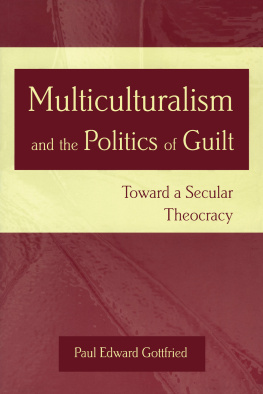


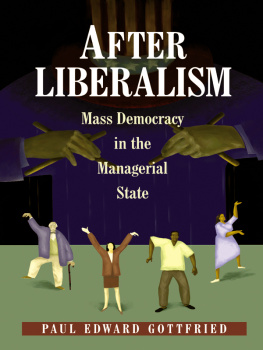
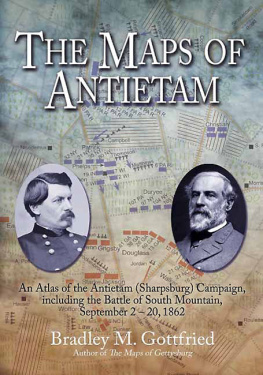

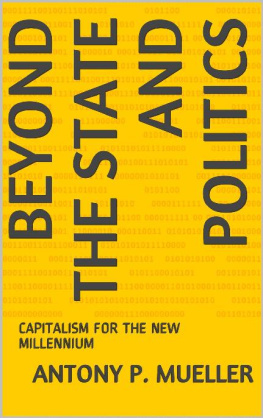
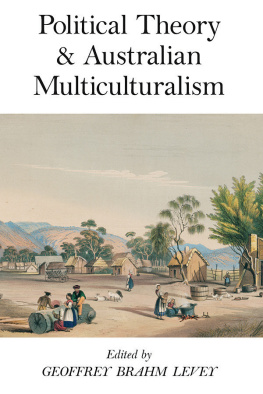

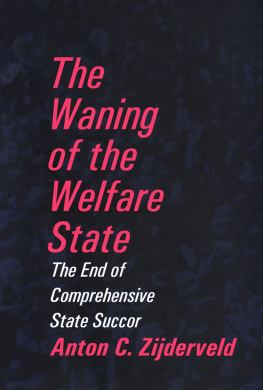

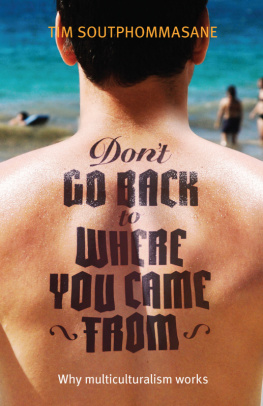
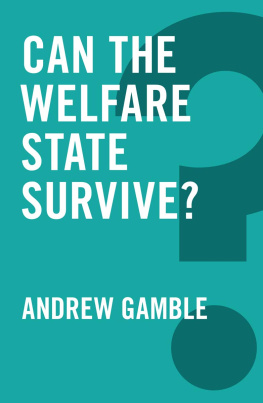
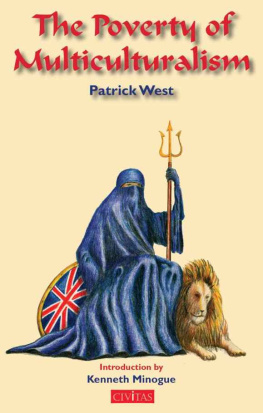
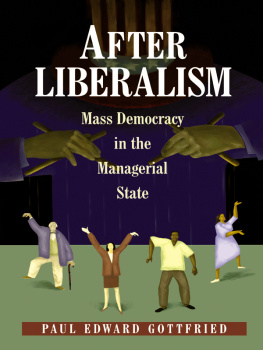

 This paper meets the requirements of the American National Standard for Permanence of Paper for Printed Library Materials, Z39.48, 1984.
This paper meets the requirements of the American National Standard for Permanence of Paper for Printed Library Materials, Z39.48, 1984.